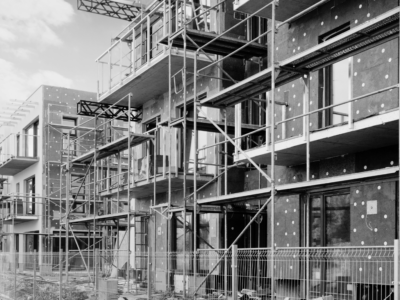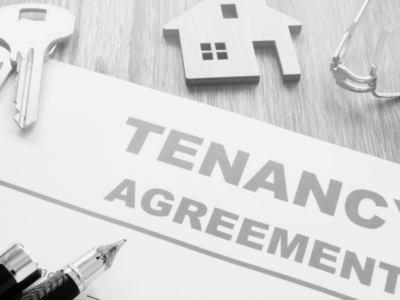With Brexit and soon Covid-19 behind it, London can once again bask in the sunshine.
After a challenging few years, London’s prime property market can make a strong recovery this year – providing the government helps us along the way.
Stamp duty reform, Brexit and the threat of a hard-left government had all weighed down on sentiment and prices over the course of the last decade.
The 2020s then started off with coronavirus, which – unsurprisingly – significantly impacted activity from overseas buyers.
However, with a trade deal with the European Union now agreed and a roll-out of the vaccine underway, some of the headwinds are starting to move in the right direction.
Should life return to normal in London before other global cities, its property market will have an edge over its competitors.
While the mass exodus to the countryside has failed to materialise, buyer tastes have changed with access to green and outdoor space and well-being now a priority.
Homes will also need to be a place for work, rest and play, as both businesses and employees embrace more flexible working practices post-pandemic, although prophecies claiming the death of the office will likely prove overdone.
Signs of a recovery in London’s luxury property market could already be seen last year. Transaction levels in Prime Central London in Q3 2020 were 76 per cent above the same quarter in 2019 according to Savills.
This is not to say potential challenges do not lie ahead.
The lack of a deal with the EU on financial services is one. Bankers, fund managers and other City workers are an important source of demand for prime properties.
If their jobs start being relocated to Frankfurt, Paris or elsewhere that will spell trouble not only for the capital’s housing market, but London’s economy more widely.
So far the damage caused by Brexit has been less than feared.
In fact, a survey by the Financial Times of 24 large international banks and asset managers found that most had actually increased their London headcount over the past five years.
The Treasury and Bank of England judged it would be worse for the City to be a rule-taker, so it is up the government to ensure London remains attractive and competitive as a global capital city.
Part of this will be ensuring London’s culture and leisure scenes recover fully from Covid-19.
The capital’s theatres, restaurants and bars are a key part of what makes it such a wonderful place to work and live. The government must not end support for them prematurely.
Moving on from years of great uncertainty, we are now entering a new exciting chapter of opportunity where London can reassert itself as a place that the world wants to be part of.
Author: Dean Clifford, co-founder of Great Marlborough Estates.





















Comments